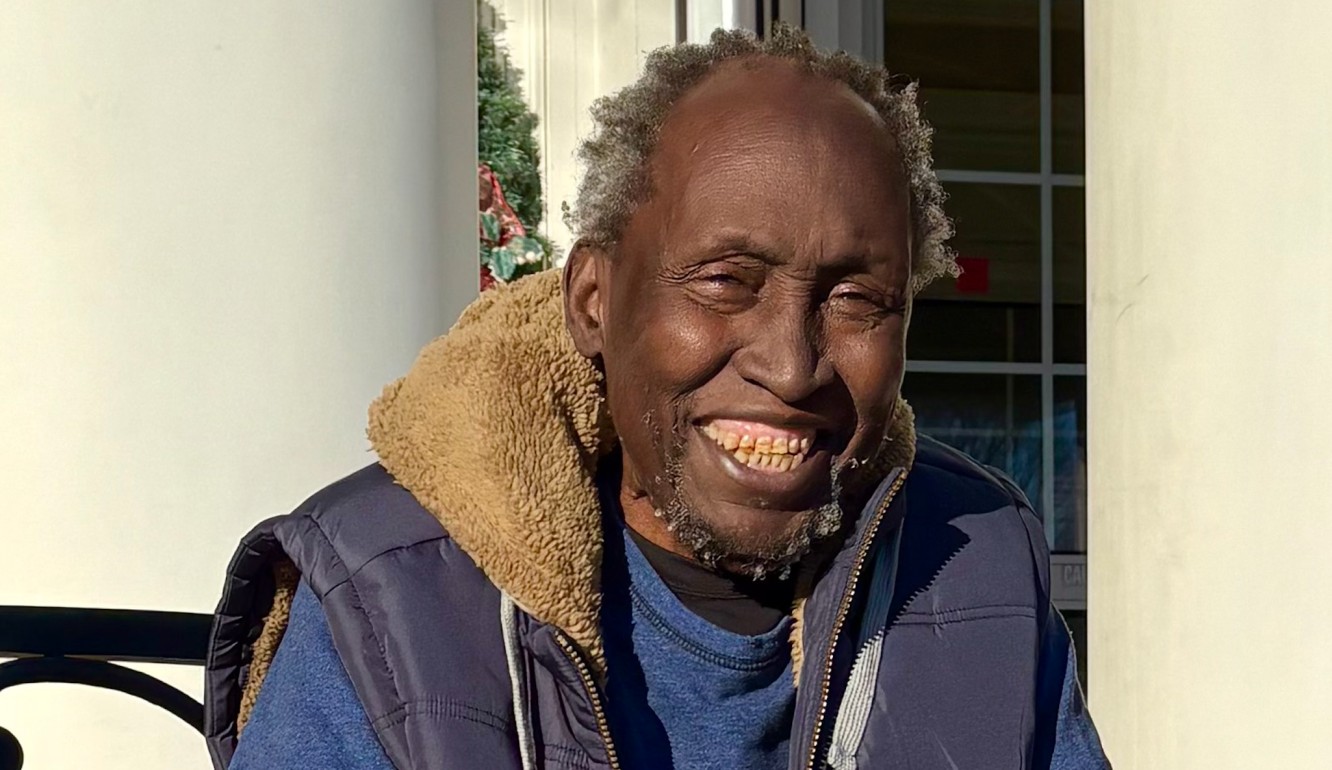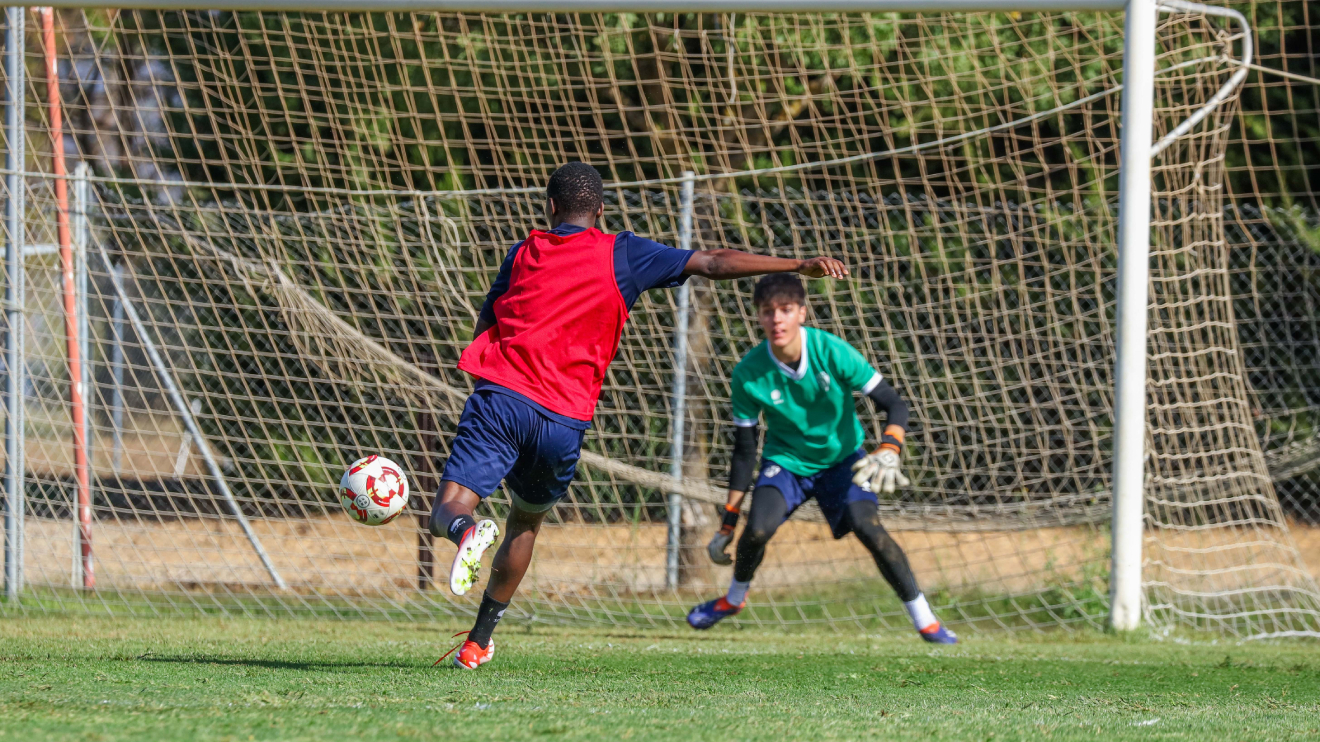Kenya is in mourning following the death of one of its most revered sons, Ngũgĩ wa Thiong’o, a towering figure in African literature, a fearless voice for justice, and a global icon in the fight to decolonise the mind.
Ngũgĩ passed away on Wednesday at the age of 87 following a long battle with various illnesses surrounded by family in California, where he had lived and taught for years.
The cause of death was not immediately revealed, but his family confirmed he had been ailing for some time while announcing his passing away on their social media platforms.
Born James Ngugi on January 5, 1938 in Kamĩrĩthũ, Kiambu County, he rose from humble beginnings to become a literary titan and was touted many times to be a Nobel Prize contender.
Ngũgĩ published trailblazing novels like Weep Not, Child (1964), The River Between (1965), and A Grain of Wheat (1967) that reshaped African literature and gave voice to the colonial and postcolonial experience in Kenya.
In the 1970s, Ngũgĩ made a radical turn and rejected English as his language of expression and instead opted to write in his native Kikuyu language.
His novel Devil on the Cross was famously written on prison toilet paper while he was detained without trial by the then President Daniel Moi regime for his political activism.
Ngũgĩ’s commitment to African languages and literature as tools of empowerment in Kenya and across the continent made the celebrated author a revolutionary thinker and writer.
The Kenyan academic’s landmark book, Decolonising the Mind (1986), remains widely taught around the world and continues to inspire movements for cultural sovereignty.
Over his illustrious career, he taught at top universities, including Yale, NYU, and University of California, Irvine, where he was Distinguished Professor of Comparative Literature.
Ngũgĩ received immeasurable international honors and was frequently mentioned as a top contender for the Nobel Prize in Literature, which he sadly failed to clinch in his lifetime.
Back home in Kenya, Ngũgĩ inspired generations of writers, thinkers, and freedom fighters.
His fierce criticism of oppression, whether colonial or post-independence, made the boldly magnificent author both a national hero and a target of political persecution.
His legacy is inestimable: more than a writer, Ngũgĩ was a cultural warrior, a champion of truth, and a keeper of memory.
As Kenya and the world mourn his passing, his words live on: “Our lives are a battlefield on which is fought a continuous war between the forces that are pledged to confirm our humanity and those determined to dismantle it.”
Rest in power, Ngũgĩ wa Thiong’o.






-1752797011.jpeg)




